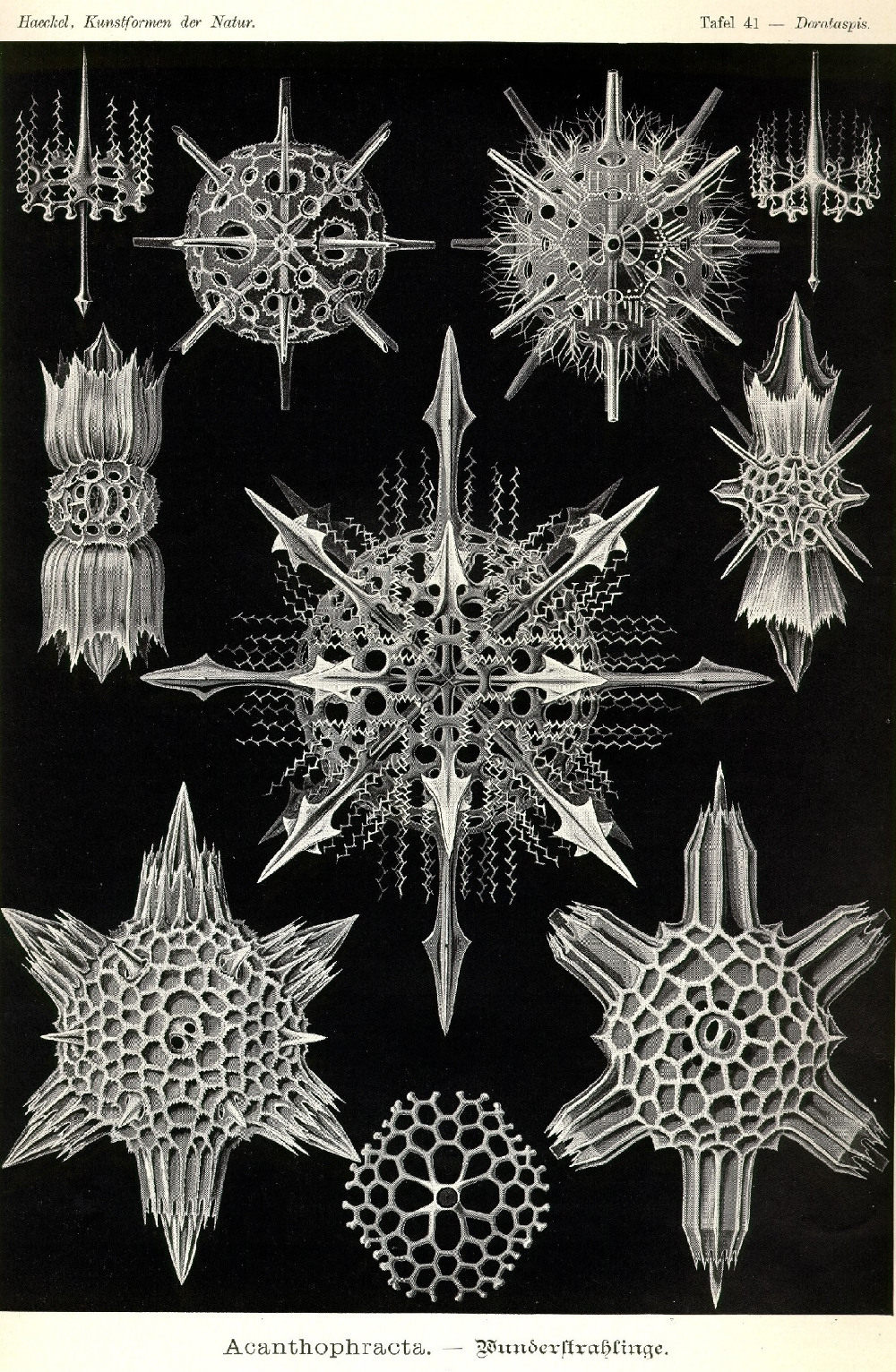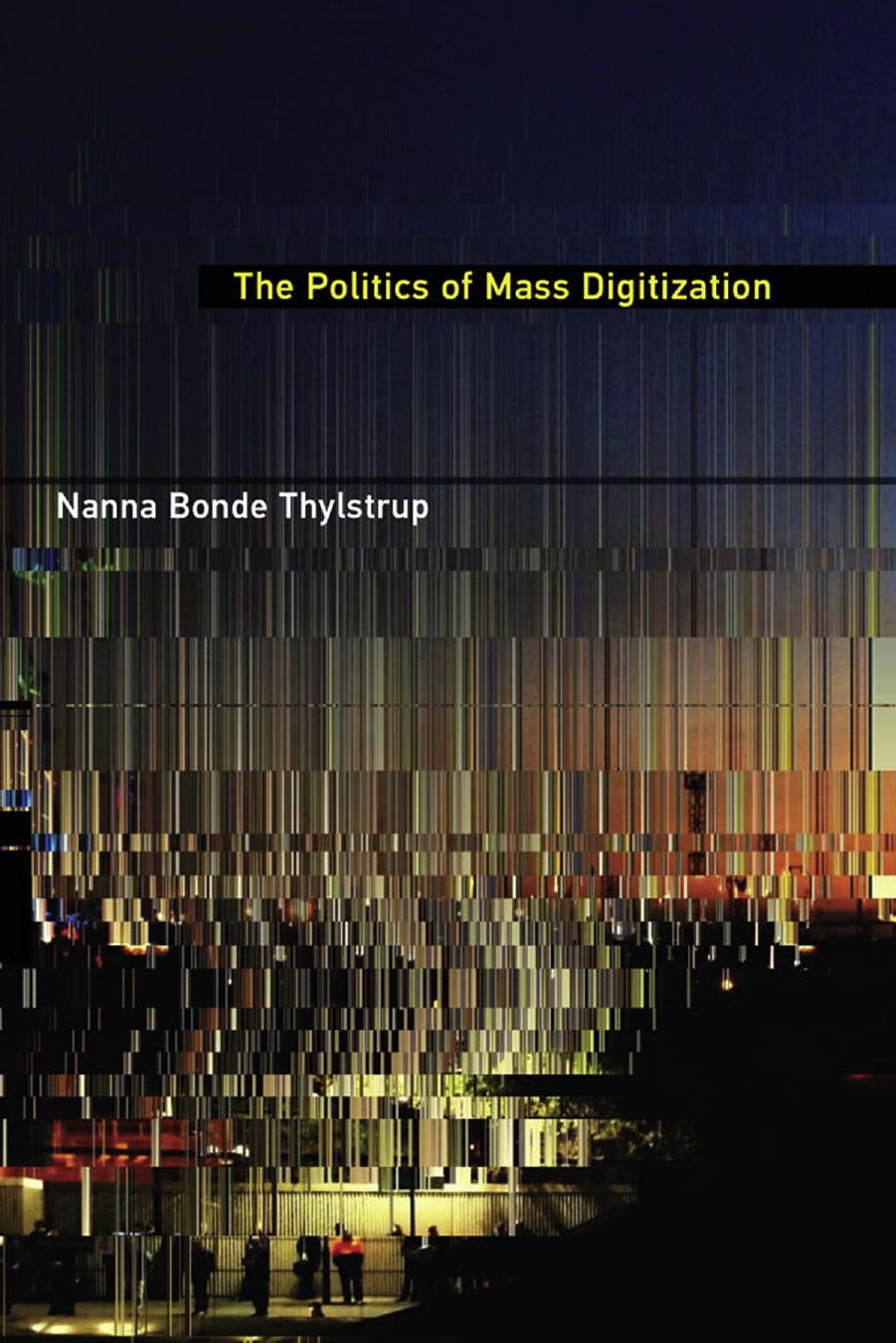Culture Machine, 17: Thermal Objects (2019)
Filed under book | Tags: · infrastructure, materiality, media, media theory, temperature

“This special issue of Culture Machine addresses thermal processes, bodies and media. When heat and cold appear in the humanities and social sciences, they are often treated exclusively as metaphors—think of Ferdinand Tönnies’s description of the modern, urbanized society as a cooling process that freezes the warm, authentic community; or Marshall McLuhan’s distinction between hot and cold media. While thermal metaphors turn out to be useful—perhaps even constitutive—tools that make abstract notions imaginable and tangible, recent discussions on the materiality of the social offer a productive background for new theorizations of temperatures that exceed their metaphorical valences.
This special issue aims to rethink the relation of metaphor and materiality: How can we theoretically account for thermal mechanisms as balance, transfer or collapse? What does it mean to perform hot or cool critical theoretical interventions? These and other questions will be investigated across three temperature-related dimensions: the senses, thermic media and thermopolitics.” (from CfP)
With contributions by Elena Beregow, Wolfgang Ernst, Erhard Schüttpelz, Samir Bhowmik, Paula Schönach, Nigel Clark, Nicole Starosielski, Niall Martin, John Hockey and Jacquelyn Allen-Collinson, Hilary Bergen, Gunnar Schmidt, and Agustina Andreoletti.
Edited by Elena Beregow
Publisher Open Humanities Press, April 2019
Open Access
ISSN 1465-4121
Culture Machine, 18: The Nature of Data Centers (2019)
Filed under journal | Tags: · cloud computing, data, infrastructure, internet, media, media infrastructure, storage, technology

“This special issue of Culture Machine brings together scholars from a broad range of disciplines such as anthropology, architecture, media and communication studies, and fine arts, who have engaged with data and cloud infrastructures in their academic or artistic work. Taking data centers as technological apparatus as a starting point, this issue aims to discuss the cloud’s philosophical, political, social, and environmental impacts and maps the diverse sociotechnical assemblages which emerge in the course of cloud infrastructuring processes. How do the infrastructures of the cloud integrate into local political contexts and industrial landscapes? How do the cloud’s technologies relate to the emergence of specific forms of subjectivity, sociality, and urbanity? How can the barely visible and secret industrial spaces of the cloud be made visible and opened up for public engagement? And what does the study of data centers tell us about our current social moment?”
Contributions by Adam Fish and Bradley L. Garrett, Alix Johnson, Anthony M Levenda and Dillon Mahmoudi, Vicki Mayer, Matt Parker, Anne Pasek, A.R.E Taylor, Julia Velkova, Asta Vonderau, Sean RM Willett.
Edited by Mél Hogan and Asta Vonderau
Publisher Open Humanities Press, March 2019
Open access
HTML, PDFs (updated on 2019-7-8)
Comment (0)Nanna Bonde Thylstrup: The Politics of Mass Digitization (2018)
Filed under book | Tags: · book, cultural memory, digitisation, europeana, google, infrapolitics, infrastructure, knowledge, library, media infrastructure, monoskop, networks, shadow library, speed, ubuweb

“A new examination of mass digitization as an emerging sociopolitical and sociotechnical phenomenon that alters the politics of cultural memory.
Today, all of us with internet connections can access millions of digitized cultural artifacts from the comfort of our desks. Institutions and individuals add thousands of new cultural works to the digital sphere every day, creating new central nexuses of knowledge. How does this affect us politically and culturally? In this book, Nanna Bonde Thylstrup approaches mass digitization as an emerging sociopolitical and sociotechnical phenomenon, offering a new understanding of a defining concept of our time.
Arguing that digitization has become a global cultural political project, Thylstrup draws on case studies of different forms of mass digitization—including Google Books, Europeana, and the shadow libraries Monoskop, lib.ru, and Ubuweb—to suggest a different approach to the study of digital cultural memory archives. She constructs a new theoretical framework for understanding mass digitization that focuses on notions of assemblage, infrastructure, and infrapolitics. Mass digitization does not consist merely of neutral technical processes, Thylstrup argues, but of distinct subpolitical processes that give rise to new kinds of archives and new ways of interacting with the artifacts they contain. With this book, she offers important and timely guidance on how mass digitization alters the politics of cultural memory to impact our relationship with the past and with one another.”
Publisher MIT Press, 2018
ISBN 9780262039017, 026203901X
ix+200 pages
Reviews: Paul Conway (Journal of the Association for Information Science and Technology, 2019), Logan Brown (New Media & Society, 2019), Marc Kosciejew (Information & Culture, 2019), Lizzie Martin (Convergence, 2019).
Commentary: Seb Chan (2019), Bill Caraher (2019).

